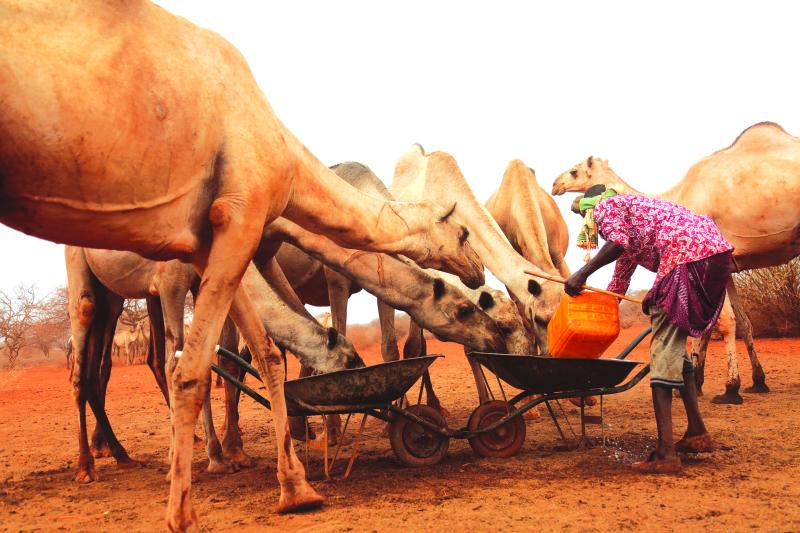×
The Standard e-Paper
Stay Informed, Even Offline

A ravaging drought has hit Mandera County following failure of long and short rains for more than a year.
Governor Ali Roba said the border county only received 20 per cent of April-May and October-December long and short rains respectively last year.